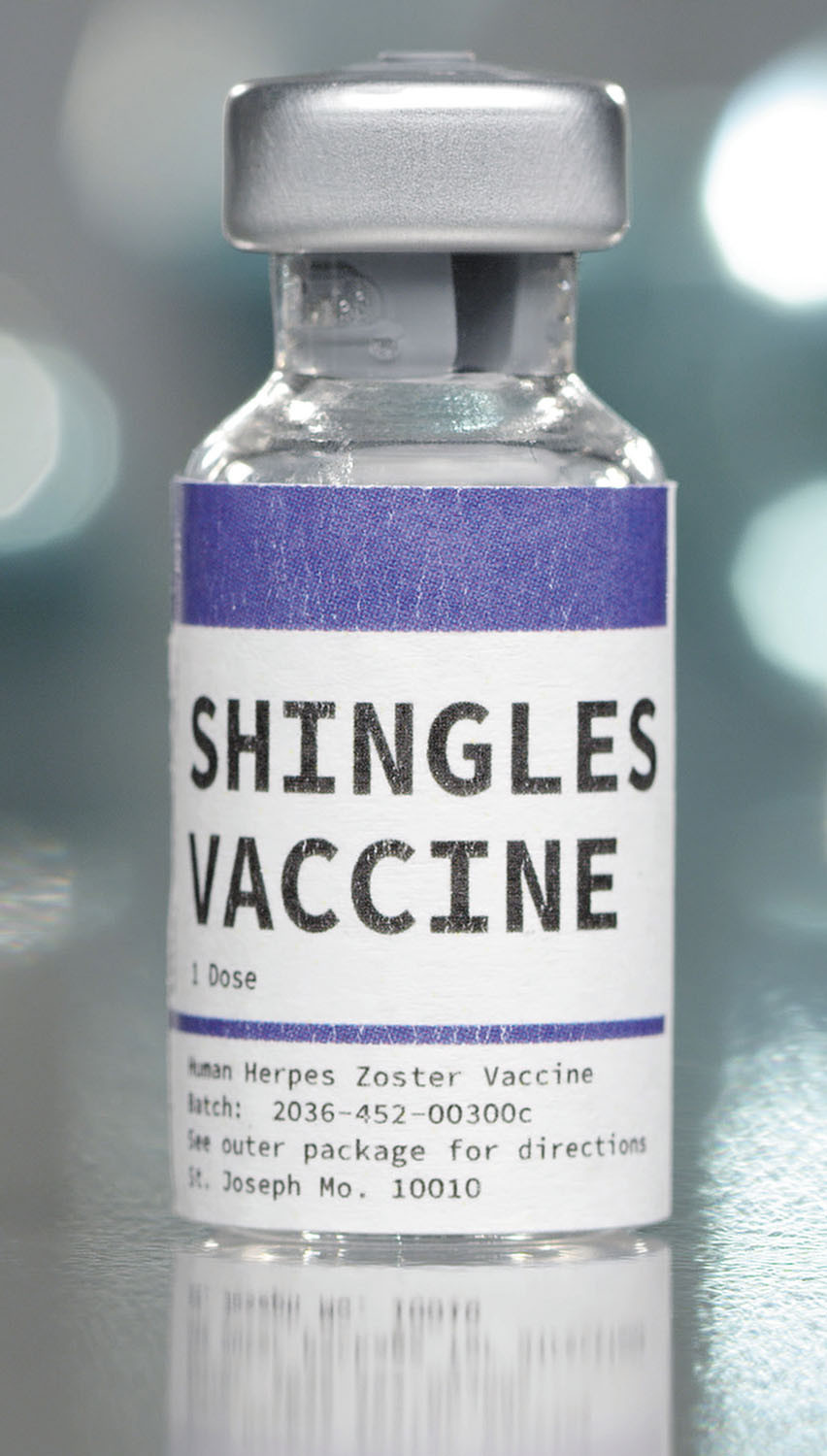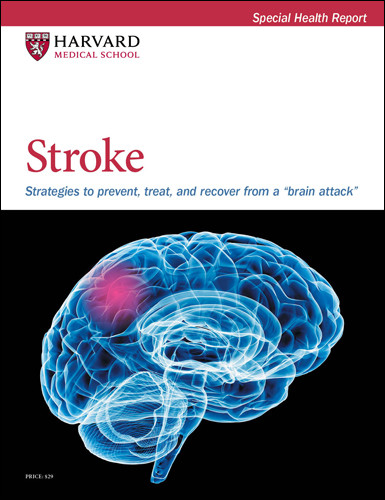Harvard study: Shingles linked to a spike in risks for heart attack and stroke
News briefs
- Reviewed by Anthony L. Komaroff, MD, Editor in Chief, Harvard Health Letter; Editorial Advisory Board Member, Harvard Health Publishing
 If you had chickenpox as a kid — and most people in the United States over age 50 did — then you're at risk for shingles. It's a painful reactivation of the chickenpox bug (the varicella-zoster virus) that has been dormant and hiding in your nerve cells. It can move through the nerves to the surface of the skin, causing painful blisters and potentially long-lasting pain. And here's something else that shingles might leave you with, according to a Harvard study: greater risks for heart attack and stroke. The research, published Dec. 6, 2022, in the Journal of the American Heart Association, came from three large studies involving more than 200,000 men and women who answered questions about their health. Researchers combed through the information and compared it to participants' medical records over 16 years. People who'd had shingles at some point had a 30% higher long-term risk for a major cardiovascular event, compared with people who didn't have shingles. The study was observational and doesn't prove that having shingles causes heart attack or stroke. But it's a good reminder to get the shingles vaccine (Shingrix) if you haven't already. It's given in two doses, two to six months apart, and it's 90% effective. It's recommended for adults ages 50 or older.
If you had chickenpox as a kid — and most people in the United States over age 50 did — then you're at risk for shingles. It's a painful reactivation of the chickenpox bug (the varicella-zoster virus) that has been dormant and hiding in your nerve cells. It can move through the nerves to the surface of the skin, causing painful blisters and potentially long-lasting pain. And here's something else that shingles might leave you with, according to a Harvard study: greater risks for heart attack and stroke. The research, published Dec. 6, 2022, in the Journal of the American Heart Association, came from three large studies involving more than 200,000 men and women who answered questions about their health. Researchers combed through the information and compared it to participants' medical records over 16 years. People who'd had shingles at some point had a 30% higher long-term risk for a major cardiovascular event, compared with people who didn't have shingles. The study was observational and doesn't prove that having shingles causes heart attack or stroke. But it's a good reminder to get the shingles vaccine (Shingrix) if you haven't already. It's given in two doses, two to six months apart, and it's 90% effective. It's recommended for adults ages 50 or older.
Image: © Stock Footage, Inc./Getty Images
About the Author

Heidi Godman, Executive Editor, Harvard Health Letter
About the Reviewer

Anthony L. Komaroff, MD, Editor in Chief, Harvard Health Letter; Editorial Advisory Board Member, Harvard Health Publishing
Disclaimer:
As a service to our readers, Harvard Health Publishing provides access to our library of archived content. Please note the date of last review or update on all articles.
No content on this site, regardless of date, should ever be used as a substitute for direct medical advice from your doctor or other qualified clinician.
















